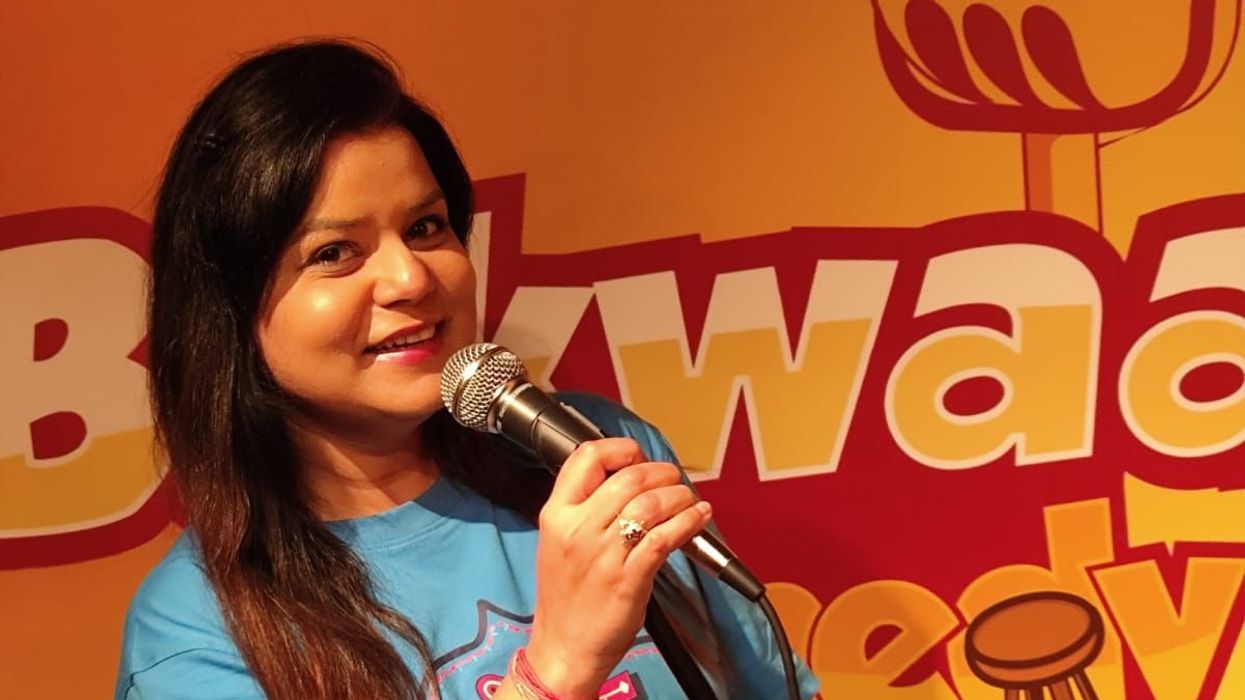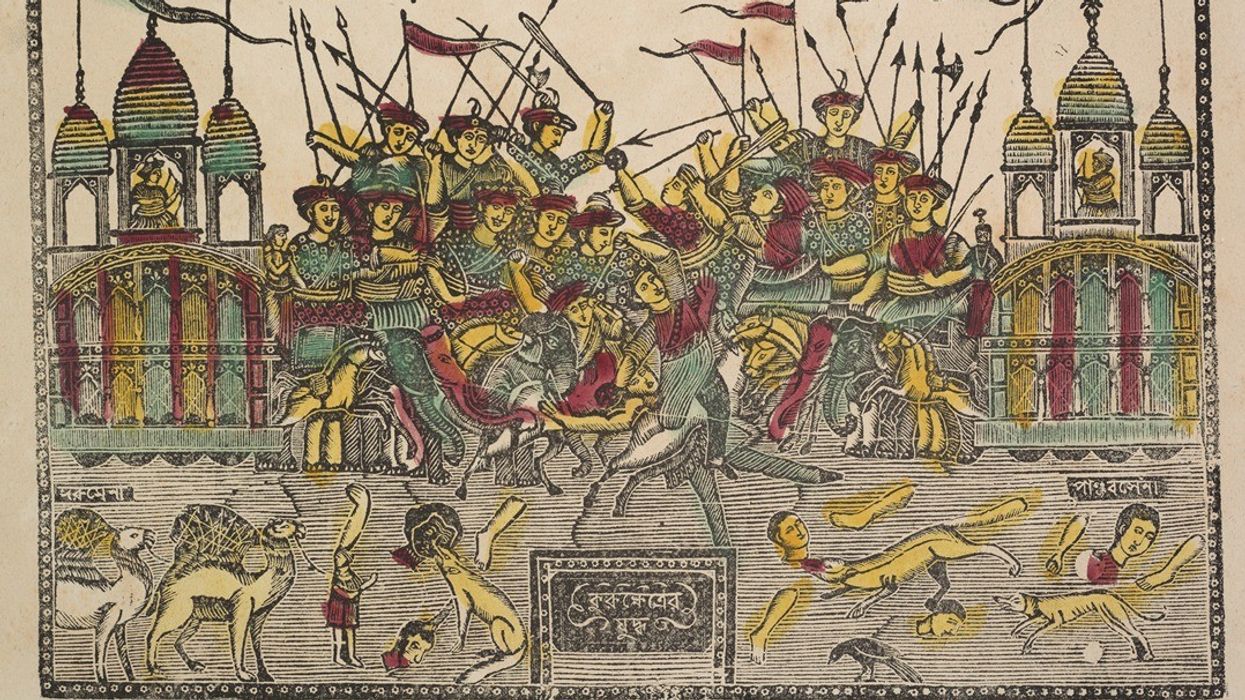MY JOURNEY with comedy has been deeply intertwined with personal growth, grief, and selfdiscovery. It stems from learning acceptance and gradually rebuilding the self-confidence I had completely lost over the last few years.
After the sudden and tragic loss of my father to Covid, I was overwhelmed with grief and depression. I had just finished recording a video for my YouTube channel when I received the devastating news. That video was part of a comedy series about how people were coping with lockdown in different ways.
Although I had done a few videos before, I wasn’t fully invested. During my grieving process, comedy became therapy. I turned to humour for my well-being, allowing it to help me cope with the grief and reconnect with myself.
During this difficult time, I embraced the art of comedy and used it as an outlet to channel my emotions. I played a variety of characters, including a child, mother, son, boyfriend, grandmother, aunty, and niece, often experimenting with different dialects. This experience helped me realise the innate potential that comedy had to offer.
It became a way for me to escape the overwhelming grief and dismay, leading me to feel that this was a message from my father to dive deeply into what I truly love. This realisation inspired me to create more laughter-filled reels, and the positive response further fuelled my passion.
That journey eventually led to me playing a comedic character inspired by Kareena Kapoor’s role in Kabhi Khushi Kabhi Gham in the immersive London stage musical Bollywood Odyssey. Following that, I tried my hand at stand-up comedy at open-mic nights in London, including the Bakwaas Comedy Club. Comedy has now become a true form of laughter therapy for me, bringing healing not just to myself but also to my audience.
In this hectic, fast-paced life, humour can help us all keep going. Creating comedy feeds my soul, and I truly enjoy the adrenaline rush that comes from connecting with my audience. Whether through character work or stand-up, the joy of making others laugh is incredibly fulfilling. It gives me a profound sense of purpose and a deep connection with my audience.
As a comedian, if I can make someone laugh, even for a moment, it feels like a victory. That moment of laughter brings me immense contentment as a performer.
Finally, here are some life (and comical) lessons I have learned and would like to share:
n When life gives you lemons, squeeze them hard, baby, and toss them at whatever or whoever’s stressing you out.
n When life gives you lemons, use that juice to fuel your comedy routine – because nothing’s funnier than turning sour setbacks into sweet stand-up.
n Life is like a comedy show. If you’re not laughing at it, you’re probably doing it wrong.
n For me, comedy is the best way to handle life’s chaos – because sometimes, laughter is the only way to make sense of the nonsense.
Instagram: @poojak_artist, Facebook: @PoojaDancerActress, YouTube:@PoojaK Tiktok:Pooja K




Anurag Bajpayee's Gradiant: The water company tackling a global crisis